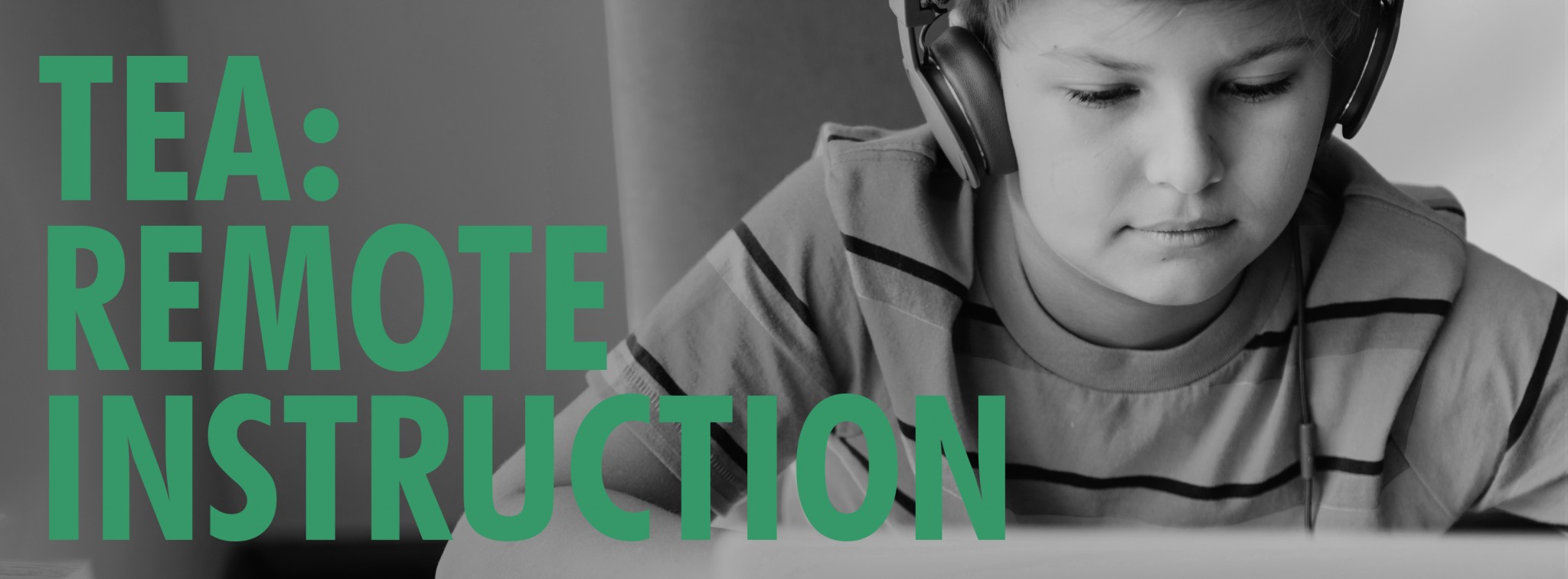On June 23, 2020, the Texas Education Agency (TEA) issued its much-anticipated attendance and enrollment FAQ as well as a PowerPoint related to preparing for remote instruction. All of the changes provided are only applicable to the 2020 – 2021 school year. TEA determined no virtual courses are funded below grade 3 and outlined criteria to received funding for remote instruction for grades 4-12.
TEA created two methods to fund remote instruction: (1) Synchronous Instruction; and (2) Asynchronous Instruction. Of course, regardless of the method of remote instruction, all instruction must cover the curriculum outlined in Section 28.002 of the Texas Education Code.
Synchronous instruction requires all participants to be present at the same time, virtually. For synchronous instruction, TEA requires an attestation. On July 2, 2020, TEA will provide an attestation checklist. According to TEA, the components will likely include training requirements for teachers, practice for teachers in delivering instruction, and an outline of the technical support available to assist students with access issues.
Asynchronous Instruction does not require all participants to be virtually present at the same time. Asynchronous instruction requires that school grading policies for remote student work be consistent with pre-COVID grading policies for campus assignments. Asynchronous learning involves much more self-guided instruction for students. To receive funding for asynchronous instruction, staff will have to check daily for student “engagement,” which includes progress in the Learning Management System, progress from teacher/student interactions made that day, or the turning in of assignments required on the day. A school district may only receive funding for asynchronous instruction of a district submits a plan for addressing the components to needed for TEA approval.
For more information regarding TEA’s new waivers for purposes of attendance funding related to remote learning, please see the following resources:
TEA’s “Preparing for Remote Instruction” Guidance Document
TEA’s Attendance and Enrollment FAQ
This article should not be construed as legal advice related to any specific facts or circumstances. Although this article covers legal subjects, it is intended to educate readers and not to provide advice that will be the basis for action or inaction in any specific circumstance. Viewing these materials does not create an attorney-client relationship between Abernathy, Roeder, Boyd & Hullett, P.C. and the reader or the reader’s institution. For circumstance-specific legal advice, please directly contact a licensed attorney.







Leave A Comment